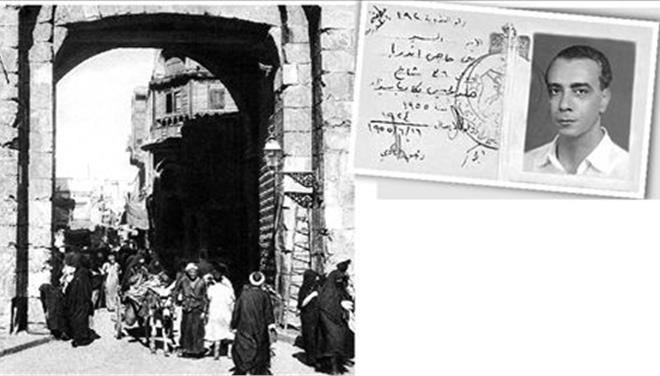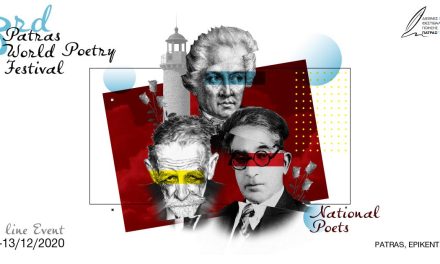Drifting Cities, the emblematic trilogy of Stratis Tsirkas, an established novelist in the international literary scene, is considered one of the most popular and widely read works of literature in Greece.
The trilogy (The Club, Ariagni, The Bat) is a saga of three cities: Jerusalem, Cairo and Alexandria, drifting toward chaos in a war-torn Middle East. During World War II, Egypt was the seat of the Greek government in exile (opposing the left-wing resistance movement within occupied Greece) and the theatre of extensive political machinations that preceded Greece’s civil war. This unknown cultural and political history is the historical thread running through Drifting Cities.
Tsirkas has that rare quality of integrating personal observations with the larger political scene. An Alexandrian Greek, he was the most significant literary figure to emerge from the Greek community of Egypt after the acclaimed poet Constantine Cavafy. Having lived in Egypt for more than fifty years, Tsirkas offers an insider’s view to the world behind the diplomatic scene. In his trilogy, history takes place in the background and primarily serves to illuminate the inner lives of the characters. The foreground is occupied by the lives of lesser people, noble and base, engaged or merely surviving. It displays a panoramic view of a fragmented society, driven by pressures on many fronts and labouring towards the next era.

The trilogy is saturated with the scents, hues and textures of Egypt and the Middle East. Of the three cities that provide settings in the trilogy, it is Alexandria that Tsirkas ultimately must have known best. When Tsirkas describes Alexandria, the reader grasps the strong whiff of nostalgia and enormous loss, the unique anguish of the diaspora Greeks, who have turned Greece into a potent and hence unattainable ideal. At the same time, his fictional treatment of the Arabs and representation of the East confirms that Tsirkas is not simply a Western author “narrating” the East, but rather a Western novelist writing an Eastern novel.
Tsirkas combines elements from the European realist tradition with the modernist techniques of stream of consciousness and interior monologue. Setting out to write what he saw as a citizen of the world and a principled intellectual, Tsirkas wrote a book which was decades ahead in style, scope, maturity, complexity and daring. More than fifty years later, Drifting Cities continues to be a vital component of the ongoing debate about the role of art and the intellectual in society.
Stratis Tsirkas was born in Egypt in 1911. In his early twenties, he became part of what was a vibrant literary scene within the Greek community of Alexandria. He is the author of numerous books of poems [Fellahi (1937), Lyrical Voyage (1938)], short stories and two critical works, one of which, Cavafy and His Era, won the Literary State Prize in 1958.

In 1959 he began writing The Club, the first volume of the Drifting Cities trilogy, which was published in 1960. The second volume, Ariagni, appeared in 1962, the third, The Bat, in 1965. The trilogy was awarded the French Critics’ Prize for best foreign novel of 1971, when it was first published in French. The trilogy has also been published in Arabic, French, Italian, Romanian, Spanish and Turkish. It was recently translated in German by Edition Romiosini, within the framework of ‘osmosis’ of the two countries, their languages and cultures.
In 1963 Tsirkas was forced to emigrate to Athens, where he spent the last sixteen years of his life, active to the end both in political causes and as a writer and translator. Lost Spring, published in 1976, was a novel with an Athenian setting and intended to be first of a trilogy which Tsirkas never completed. He died in 1980.
TAGS: LITERATURE & BOOKS | READING GREECE














